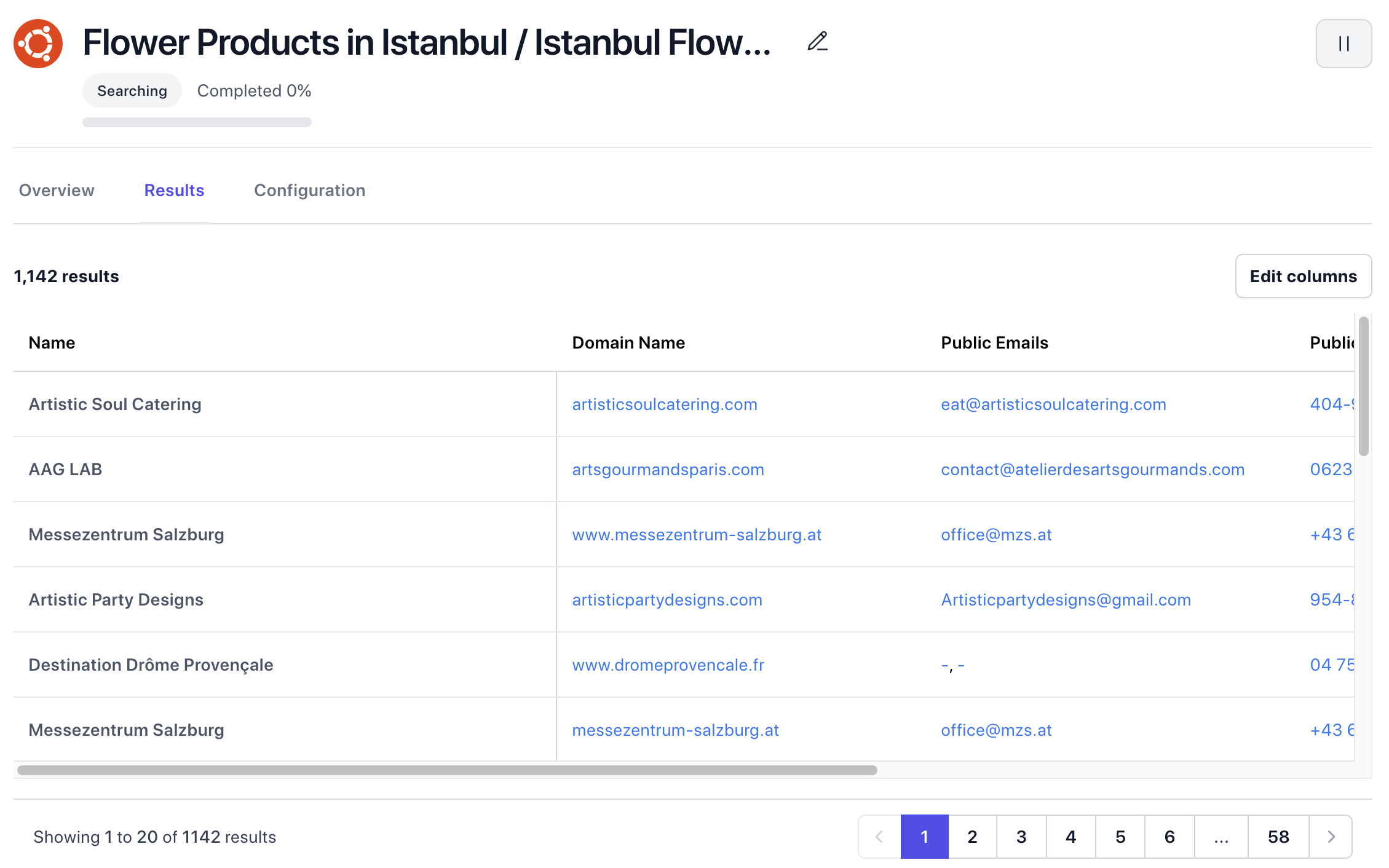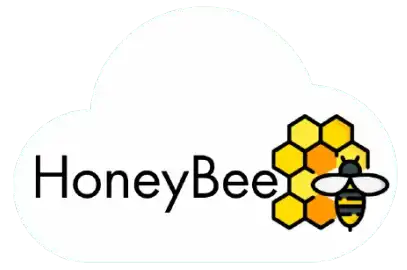
- What is Web Scraping?
- What is Web Scraping Used For?
- Power of Web Scraping with LeadOcean
- What Does LeadOcean Do?
- Other Daily Life Examples
- Is Web Scraping Ethical and Legal?
- Result: Web Scraping Makes Customer Search Automatic
In an increasingly digital world, accessing data has become one of the most critical factors determining a company’s competitive power. However, as billions of new content, pages, and data are produced on the internet every day, manually collecting this information is nearly impossible. This is where Web Scraping technology comes into play.
So, what is web scraping, how does it work, and how can it turn into a significant advantage in the business world, especially in terms of customer acquisition? In this article, we will explain the fundamental concepts and illustrate the topic with examples from daily life.
What is Web Scraping?
Web Scraping is a technique that allows the automatic collection and structuring of data from a website. With this method, for instance, product information, prices, reviews from an e-commerce site, or company contact details from a directory site can be extracted and made usable with automated tools.
Data scraping operations are typically performed through specialized software or scripts written in programming languages such as Python. These programs visit specified web pages, analyze the HTML structure, and extract the targeted information.
What is Web Scraping Used For?
Web scraping is not just a technical application; when used correctly, it is a powerful tool for achieving various strategic goals such as business development, increasing sales, and customer acquisition.
Key usage areas include:
• Competitor analysis
• Price comparisons
• Product/service trend tracking
• Creating potential customer (lead) lists
• Market research
• Social media sentiment analysis
However, in this article, we will examine how data scraping is specifically utilized in the area of lead generation to transform into real advantages.
Power of Web Scraping with LeadOcean
Let’s say you are a software company providing services in a B2B (business-to-business) context. Your target audience includes, for example, digital marketing agencies, logistics companies, or businesses engaged in industrial production. Your goal is to introduce your software to these companies and start the sales process by securing meetings.
So how will you reach these companies?
Let’s consider starting with traditional methods: First, search for relevant keywords related to the industry on Google, then visit the websites of the companies that appear one by one. From the homepage, navigate to the “About Us” section and then to the “Contact” page. If there is an email address, note it down. Perhaps a LinkedIn profile is found as well. Then all this information is entered into an Excel file or manually added to a CRM.
Now imagine you do this for 100 companies. Just collecting data can take you days. Moreover, many companies may not share their contact information, or the information may be outdated. This process is both inefficient and not scalable.
This is where data scraping (web scraping) technologies like LeadOcean come into play.

What Does LeadOcean Do?
LeadOcean is a web scraping tool that automatically scans billions of websites, analyzes company profiles on these sites, and extracts the contact information (such as email, phone, social media links) of decision-makers. Not only that, it integrates the collected data directly into CRM systems and even schedules your initial meetings with potential customers through automatic meeting calendar integrations.
However, LeadOcean doesn’t just scrape external data; it also analyzes your company’s website. This analysis allows for understanding the products you offer, service descriptions, and your target industry. Then, the platform identifies the ideal customer profile for you and matches you with potential customers.

As a result;
• Your website is analyzed. Your target audience and the services you offer are understood.
• It becomes easier to reach your target audience,
• Your sales team spends valuable time on meetings rather than data collection,
• Your conversion rates increase,
• The customer acquisition process shortens,
• Your company generates direct revenue.
For more information: LeadOcean
Other Daily Life Examples
Web scraping is beneficial not only for technology companies but also for businesses in many different sectors. Here are some examples of different usage scenarios.
1. Real Estate Sector: Competitor and Region Analysis
Imagine you are a real estate consultant. You want to learn about housing prices in regions where you will make sales and compare listings for sale and rent. Manually collecting data from websites like Sahibinden and Emlakjet can take weeks. With web scraping, these listings can be pulled in real-time and analyzed via an Excel file or a special dashboard.
2. E-Commerce: Price Tracking
An e-commerce company wants to regularly check the product prices of its competitors. Instead of visiting platforms like Amazon, Trendyol, or Hepsiburada every morning, a scraping bot traverses these sites to collect the current prices, contributing to strategy development regarding price competition.
3. Human Resources: Resume Collection
A human resources company can use scraping tools to collect open positions or candidate profiles from various career sites or company websites. This way, the hiring process becomes more efficient.
Is Web Scraping Ethical and Legal?
The answer to this question is: “It depends on how it is used.”
Some websites have restricted scraping operations with robots.txt files. Scraping on these sites may be unethical or legally questionable. Furthermore, when used for commercial purposes, attention must be paid to personal data protection laws (such as KVKK or GDPR).
However, on many publicly available sites that contain commercial data, scraping operations are both legally and functionally feasible. Particularly commercial data like contact information does not pose issues when used within certain permissions.
Result: Web Scraping Makes Customer Search Automatic
Web scraping has become one of the most valuable business intelligence tools in the digital age. With platforms like LeadOcean, companies now automatically find their target customers instead of searching for them manually and can initiate meetings. This means direct revenue growth, time savings, and a competitive advantage.
If you also want to grow your business, reach the right customers faster, and automate your marketing processes, now might be the perfect time to evaluate web scraping technologies.
Remember: Those who capture data capture the market.





